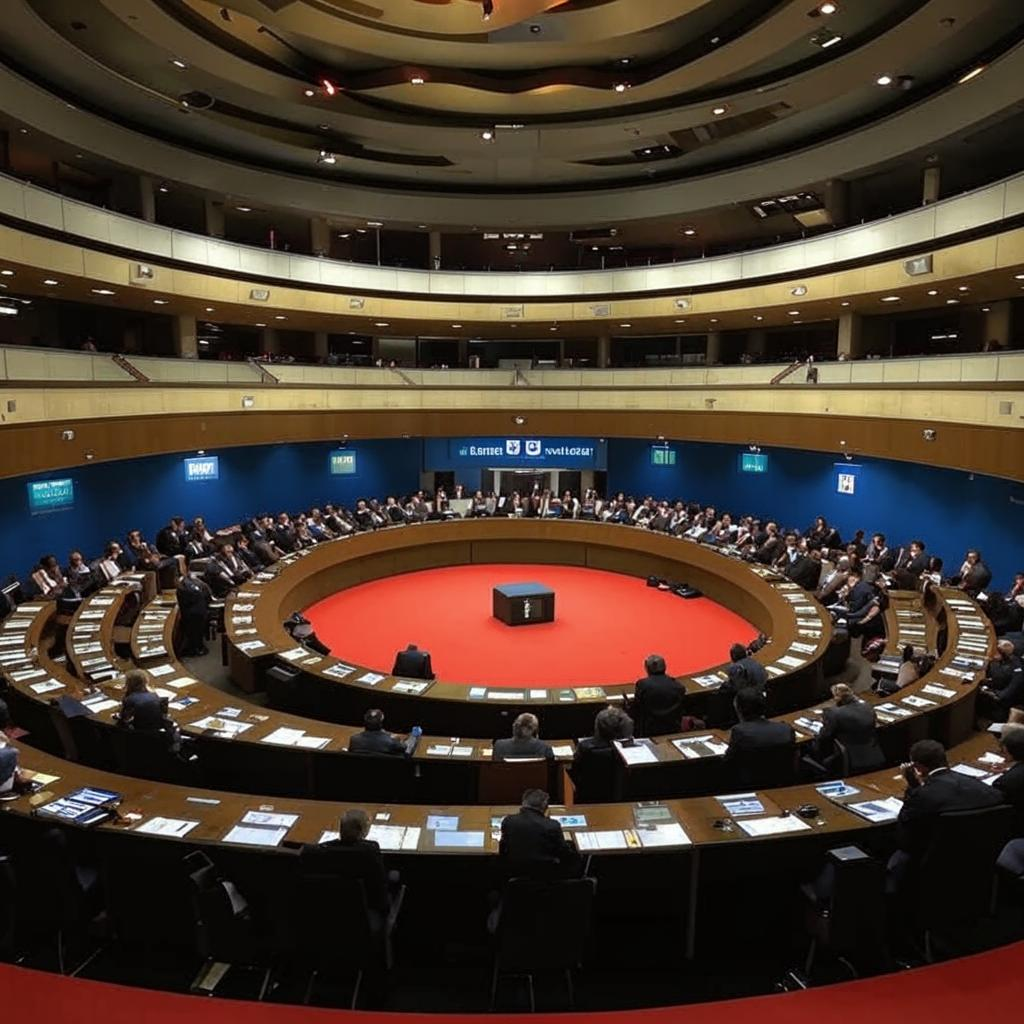A German lawmaker, Karin Strenz, has resigned from parliament amid allegations she accepted bribes to lobby for Azerbaijan’s interests within the Council of Europe. The allegations center around payments Strenz allegedly received from a lobbyist connected to Azerbaijan. These payments were reportedly intended to influence her stance on human rights issues and elections monitoring within the country.
The resignation has triggered outrage and calls for further investigation into potential conflicts of interest involving other European politicians. Scrutiny has increased regarding the extent of Azerbaijan’s lobbying efforts within European political circles and the ethical implications of such activities. The incident highlights the vulnerability of democratic institutions to foreign influence and the need for stricter regulations regarding lobbying and financial transparency.
The Council of Europe, an organization dedicated to promoting human rights and democracy, has faced similar accusations in the past. These allegations undermine the organization’s credibility and raise questions about its ability to effectively monitor human rights violations in member states. The resignation of Strenz marks a significant setback for the German parliament. It also intensifies the debate surrounding foreign interference in democratic processes across Europe, prompting demands for greater accountability and preventative measures to safeguard against undue influence from foreign entities. Finishtit














